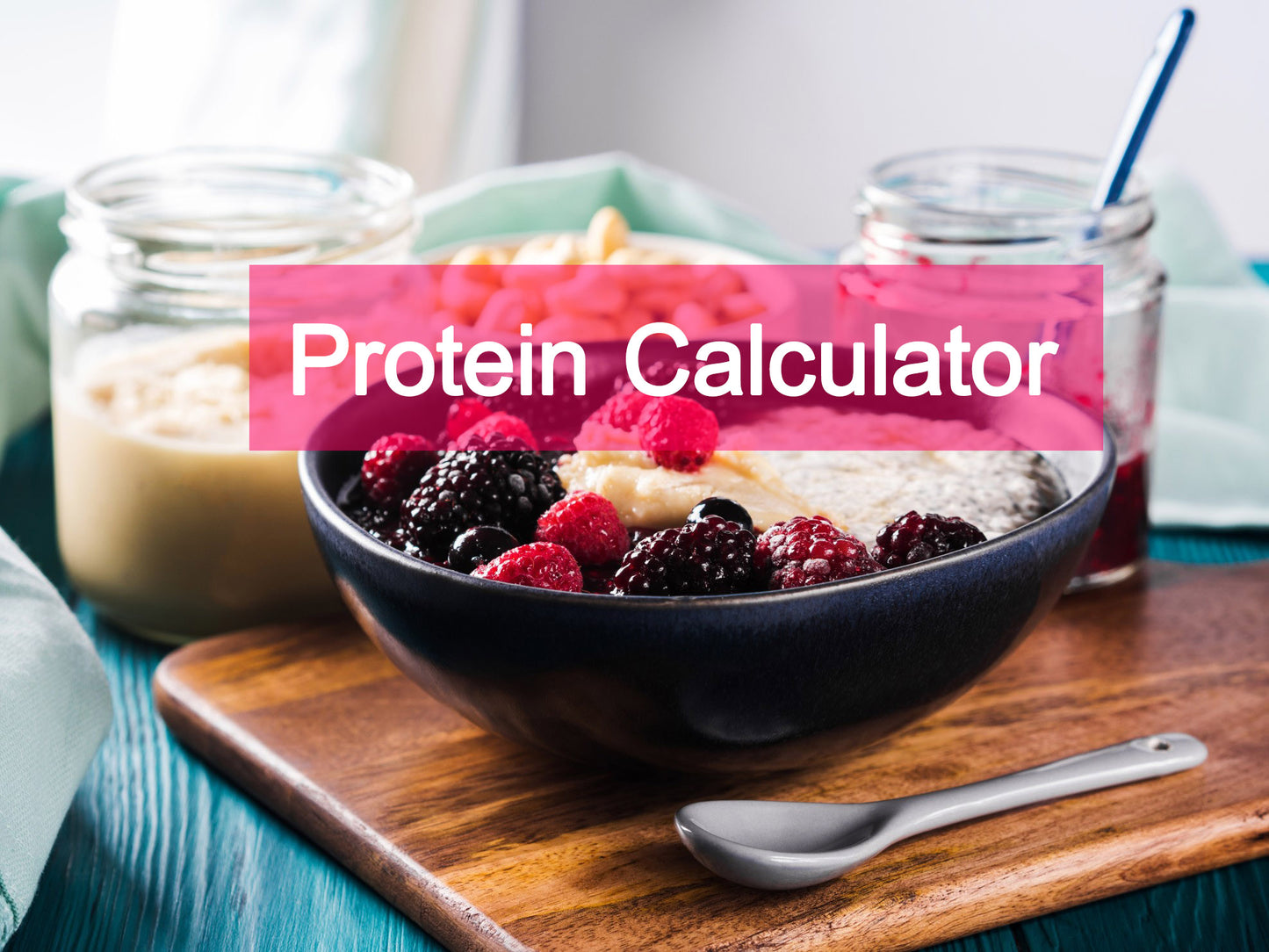
Quick Synopsis
Over the past 20 years, protein has become the be-all-end-all of food and diets. Here, we look at how we can stop freaking out about protein — and still make sure we’re getting enough.
Full Story
Imagine your grandparents at the dinner table. Do you think they said, even once, How can I get enough protein? Did they chug protein-powder drinks?
Probably not. Yet over the last 20 years, we’ve come to see protein as a kind of holy grail of health. If we feel a little tired… we’re not getting enough protein. Feeling weak? Not enough protein. Not able to strengthen up? Not enough protein.
There are some unhelpful myths about protein that make eating more complicated than it needs to be. Read on to bust those myths, and learn how to tell if you’re getting the right amount of protein for you.
Myth #1: Protein is the most important nutrient. (It’s not.)
Protein is important. It’s a building block of life! But it’s not the only or ultimate influence on our health. What happened to make it seem that way? And how do we clearly tell if our protein intake is right for us?
"Along with fat and carbohydrate, protein is one of the three basic macronutrients,. We could survive without carbohydrates, but fat and protein are essential. Protein is the only macronutrient to contain nitrogen, without which we cannot grow or reproduce. There are nine amino-acid proteins – the building blocks of human tissue – that we can only get from food." 1
We focus on protein because it is marketed to us. There are four cultural forces boosting the signal on protein:
- The meat industry lobby. It is a well-established fact that the meat industry in the US is very committed to growing their market share. In 2016, the lobby successfully influenced the USDA dietary guidelines to recommend red meat as essential protein. (The dairy lobby also pushes hard, and wins, to make milk protein a central part of our diets, though the evidence contradicts their claims.)
- A culture of extreme fitness. Marathons, CrossFit, “sledgehammer” routines, “21-Day Shred.” The last decade has seen extreme exercise become normalized as what exercise is. Along with the hard workouts comes an extreme and widely shared focus on protein as a tool to bulk up muscle mass and provide energy.
- A surging market for protein supplements. By 2025, market analysts predict that the global market for protein powder will reach $21.5 billion. Massive marketing dollars makes protein supplements, especially powders, seem like a fundamental, maybe even perfect, solution to dietary needs.
Myth #2: Plant-based dieters can’t get enough protein. (They can.)
How to get enough protein is a common worry when folks consider eating a plant-based diet. We’re so used to the idea of meat being the only source of protein!
Here’s the truth that’s going to make your life so much easier: Plant-based eaters get about 70% more daily protein than their bodies need.
Yes! Eating plant-based, you’re probably eating enough protein, if not more. As long as you’re eating a good range of plant foods, tracking protein intake really isn’t necessary.
(Here’s a quick list of protein-packed plants to check against what you eat now. And here are some protein-packed recipes.)
Woohoo! What are you going to do with all your free time?
If you’re a numbers person, here’s how to tell how much protein you need. Multiply your body weight (in pounds) by 0.36. This gives you your recommended protein intake in grams. For example: If you weigh 145 lbs your protein requirement is 145 x 0.36 = 52.2 grams of protein a day.
Or you can use this handy protein calculator:
What happens if you don’t eat enough protein?
There are few different symptoms that can crop up if you truly aren’t getting enough protein, from swollen feet to mood changes to brittle hair. If the symptoms are stacking up, you may want to ask your healthcare provider about testing the protein levels in your blood.
But it’s also important to remember that these experiences can come up for a number of different reasons, including:
- Not enough rest
- Too much caffeine
- Not enough fiber
- Not enough fluids
- Too much screen time
- Not enough fresh air and exercise
- Not enough calorie-dense meals
Lack of protein alone is rarely the culprit for woes. Looking at the whole picture of your lifestyle and diet to understand where you might be dragging down your health.
Six Protein Rich Plant-Based Foods
If you’re at all concerned about reaching your goals, try some of these super protein boosters:
1. Peanut butter: 3 TBS= 12 grams of protein
2. Hemp seeds: 3 TBS =10 grams of protein
3. Almond butter: 3 TBS= 10 grams protein
4. Chia seeds: 3 TBS= 6 grams of protein
5. 1 cup hummus: 12 grams of protein
6. 1 cup of quinoa: 8 grams of protein
Key Takeaways
- Protein is important, but it isn’t the king of all nutrients .
- Most plant-based dieters are eating enough protein by consuming a variety of plants daily.
-
There are some symptoms that can point to protein deficiency, but lots of factors contribute to whether you feel good or not so good! Look at the whole picture of your health.
Long story short, by eating a variety of plant-based foods, you’ll get more than enough protein without overdoing it. Better yet? Meet all your protein needs with plant-based meal delivery from MamaSezz.
1.https://www.theguardian.com/news/2019/jan/04/protein-mania-the-rich-worlds-new-diet-obsession
